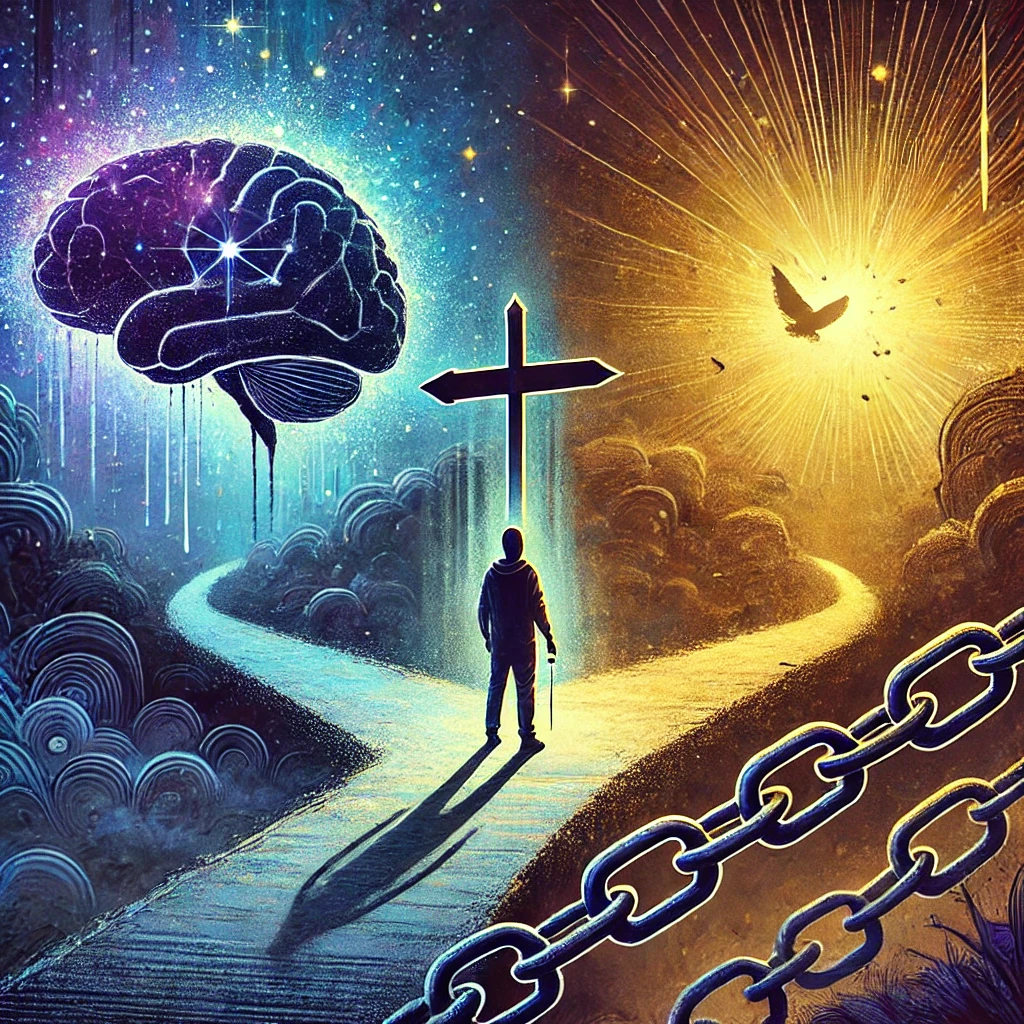
The Connection Between Mental Health and Addiction
Understanding the Link Between Mental Health and Substance Abuse
Mental health and addiction are deeply interconnected, creating a cycle that can be difficult to break. Many individuals struggling with substance abuse also experience underlying mental health conditions such as depression, anxiety, PTSD, or bipolar disorder. This relationship is often referred to as a co-occurring disorder or dual diagnosis and requires a comprehensive approach to treatment.
How Mental Health Issues Lead to Addiction
- Self-Medication – Many people turn to drugs or alcohol as a way to cope with emotional pain, stress, or trauma. Substance use may provide temporary relief but ultimately worsens mental health symptoms over time.
- Chemical Imbalances – Mental health disorders often involve imbalances in brain chemicals like dopamine and serotonin. Substance use can further disrupt these chemicals, making mental health symptoms more severe.
- Social Isolation – Mental health struggles can lead to withdrawal from family and friends, increasing loneliness and the likelihood of using substances for comfort.
- Unhealthy Coping Mechanisms – Without access to proper mental health support, individuals may rely on addictive behaviors as a way to manage emotions.
How Addiction Worsens Mental Health
- Increased Anxiety and Depression – Substance abuse alters brain chemistry, making it harder for individuals to experience joy or regulate emotions.
- Physical and Emotional Toll – Addiction can lead to financial struggles, job loss, broken relationships, and declining physical health, all of which contribute to mental distress.
- Cycle of Dependence – As addiction takes hold, individuals may experience withdrawal symptoms that make them feel even worse, driving them to use again to escape discomfort.
Breaking the Cycle: Steps Toward Recovery
- Seek Professional Help – A dual diagnosis treatment program can address both addiction and mental health issues simultaneously.
- Develop Healthy Coping Strategies – Therapy, exercise, meditation, and support groups can provide alternative ways to manage emotions.
- Build a Support System – Surrounding yourself with positive influences, such as family, friends, and recovery groups, can help you stay accountable.
- Embrace Faith and Purpose – Many people find healing through spirituality, prayer, and faith-based recovery programs.
Final Thoughts
Understanding the connection between mental health and addiction is essential for effective treatment and long-term recovery. Healing requires addressing both issues together, rather than treating them separately. With the right support, individuals can break free from addiction and regain control of their mental well-being.
If you or someone you know is struggling, seek professional help and remember that recovery is possible. There is hope, and healing is within reach.

